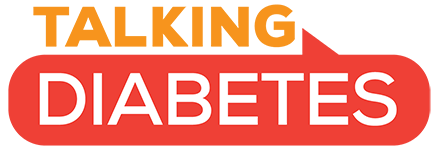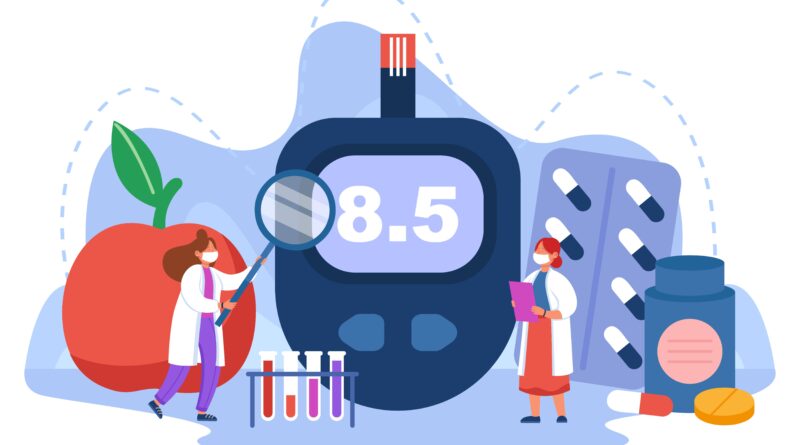National Nutrition Month and Diabetes Alert Day®: Take Control of Your Health!
March is National Nutrition Month, a period dedicated to emphasizing the importance of informed dietary choices and the development of healthy lifestyle habits. This observance aligns significantly with Diabetes Alert Day®, scheduled for March 25, 2025. This annual event, observed on the fourth Tuesday in March by the American Diabetes Association, serves as a crucial reminder of the seriousness of diabetes and the necessity of understanding individual risk factors. This year, we are placing particular emphasis on the profound connection between nutrition and the prevention and management of diabetes.
The Indispensable Role of Nutrition in Diabetes Management
Nutrition plays a fundamental role in both preventing and managing diabetes. Healthy eating habits directly influence blood sugar levels, weight management, and overall well-being, all of which are critical factors for individuals at risk or living with diabetes.
Understanding Your Risk and Taking Proactive Steps
It is important to understand the prevalence of diabetes. Did you know that 38.4 million Americans, which is approximately 11.6% of the U.S. population, have diabetes? Furthermore, 8.7 million Americans are unaware that they have the disease. Additionally, approximately 97.6 million people aged 18 or older have prediabetes, a condition characterized by blood glucose levels higher than normal but not high enough for a diabetes diagnosis. More than one in three U.S. adults has prediabetes, and about half of women with gestational diabetes go on to develop type 2 diabetes later in life. Early identification of risk is paramount for effective intervention. Several factors contribute to an increased risk of type 2 diabetes, including a family history of the disease, being overweight, and leading a sedentary lifestyle. Age is also a significant factor, with all adults aged 35 or older recommended to undergo screening for diabetes and prediabetes. To assess your risk, you can take the Diabetes Risk Test online or download the PDF version. Further information about the risk factors for type 2 diabetes is also readily available.
Nutrition-Focused Strategies for Reducing Diabetes Risk
Research, notably the Diabetes Prevention Program, has demonstrated the powerful impact of lifestyle changes, particularly nutrition, in reducing the risk of type 2 diabetes. Prioritizing healthy eating is essential. This involves focusing on whole, unprocessed foods such as fruits, vegetables, whole grains, and lean proteins, while also controlling portion sizes to manage calorie intake and support weight loss. Limiting sugary drinks and processed foods, which can lead to blood sugar spikes, is also crucial. Choosing foods with lower saturated and trans fats, and increasing fiber intake, which helps regulate blood sugar levels, are additional key strategies. Managing weight is also integral to diabetes prevention and management. Losing just 5% to 7% of your starting weight can significantly reduce your diabetes risk. For instance, if you weigh 200 pounds, aiming to lose 10 to 14 pounds can make a substantial difference. Staying hydrated by drinking water instead of sugary beverages helps avoid unnecessary calories and sugar intake. Combining these nutritional strategies with regular physical activity, aiming for at least 30 minutes of activity five days a week, further enhances diabetes prevention and management. It is always wise to consult your healthcare professional to determine the best activities for your individual needs.
Adopting Long-Term Lifestyle Changes for Sustained Health
Preventing and managing diabetes requires sustainable lifestyle changes. During National Nutrition Month, take the opportunity to adopt healthier eating habits that will benefit you for years to come. Consult a registered dietitian or certified diabetes care and education specialist for personalized nutrition guidance. Learn how to manage and prevent diabetes with the resources available on Managing Diabetes and Preventing Type 2 Diabetes. It is also important to talk to your doctor about what changes are best for you. By emphasizing the importance of nutrition during National Nutrition Month and recognizing the urgency of Diabetes Alert Day®, we can empower individuals to take control of their health and reduce the impact of diabetes.
Source: National Institute of Diabetes and Digestive and Kidney Diseases

